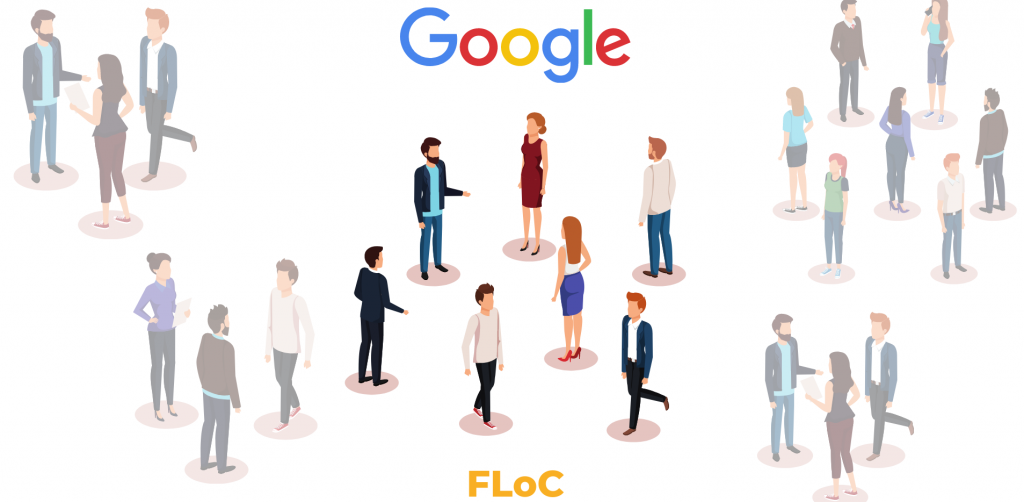Google is working towards a privacy-first future for web advertising while assuring that users’ identities and information are kept safe while browsing. Google is set to leave third-party cookies behind. At the same time, a Federated Learning of Cohorts (FLoC) test has gone live in certain regions and for limited users, including Australia, India, Canada, Indonesia, Brazil, New Zealand, Japan, Philippines, Mexico, and the US.

FLoC is a proposed browser standard that will enable “interest-based advertising on the web” without revealing users’ identities to advertisers. The FLoC technology within Google Chrome will completely change the way users’ browsing history is tracked and how they are targeted with specific ads.
The difference with third-party cookies is that FLoC creates a group of users or cohorts with similar online interests instead of tracking users individually. Based on that information, the whole cohort of thousands of users will receive the relevant ads, while each person’s individual browsing data will be kept private.
Marshall Vale, a Privacy Sandbox Product Manager at Google, explained how FLoC works, stating that the only thing provided to a site will be the cohort’s identification number. In contrast, third-party cookies allowed companies to follow users and their journey across different websites. This means that advertising companies won’t have access to individual user data once FLoC takes over.
Google’s tests of FLoC to reach in-market and affinity audiences showed that advertisers could expect a minimum of 95% of their conversions per dollar spent compared to cookie-based advertising. The result depends on FLoC’s strengths and clustering algorithm and the type of audience being reached.

